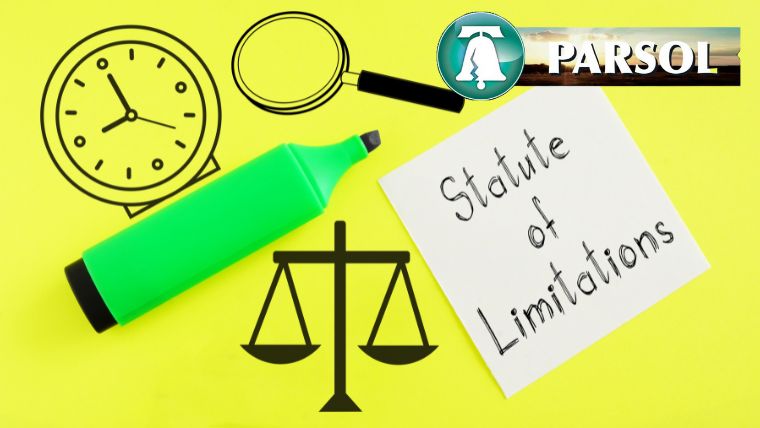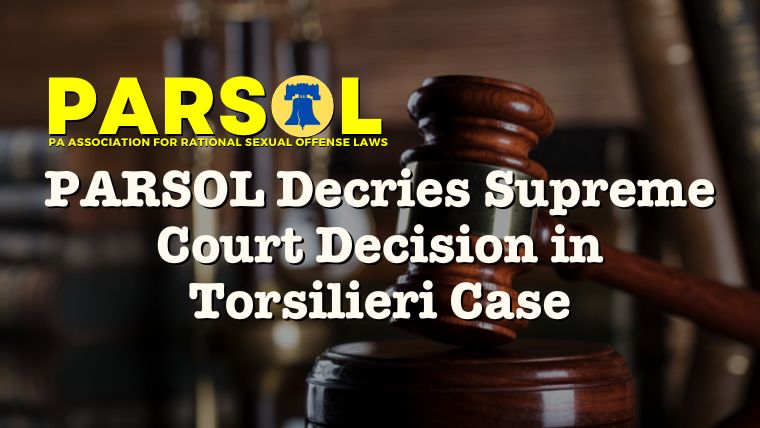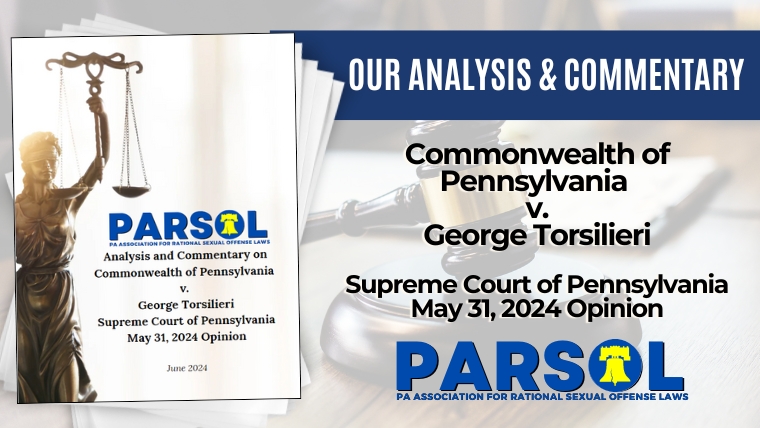What happens when you suspend legal precedent and standing rules? Destruction and loss. Today, we’re looking at the suspension of certain statute of limitations laws in New Jersey, as Pennsylvania has similar pending legislation under consideration in the Pennsylvania Senate.
The Cadets Drum & Bugle Corps Shuts Down due to 40-Year Old Allegation
Participants, family members, alumni, and supporters of a Pennsylvania performing arts group are mourning such a loss due to the suspension of such rules.
April 2 of this year to a Pennsylvania drum corps, The Cadets, a competitor in Drum Corps International (DCI). The Cadets Arts & Entertainment (CAE) filed for Chapter 7 bankruptcy as a result of a sexual abuse lawsuit filed in 2020. The Cadets were founded in New Jersey in 1934 and have since become one of the most decorated and oldest drum corps of their kind, moving to Allentown 21 years ago and to Erie last year.
However, the alleged sexual abuse occurred by a Cadets instructor more than four decades ago in New Jersey at a party not sponsored or affiliated with the Cadets. The parent organization (CAE) did not exist until 2020, yet they, along with multiple organizations, were named in the lawsuit.
Earlier this month, the Cadets’ parent organization announced that the cost of defending the case had brought the organization to the brink of financial ruin, and they can no longer operate their signature programs as a result. The organization stated: “This situation has led to the heartbreaking and tragic decision by the CAE Board of Directors to end CAE and The Cadets program. Unfortunately, the necessity of Chapter 7 bankruptcy means that The Cadets will never return to the marching arts competition field again or risk arriving back where CAE is today.”
You may ask, “Doesn’t the statute of limitations apply?” Remember the question at the very beginning? The statute of limitations is suspended.
What are the Statute of Limitations Laws?
The statute of limitations exists for a reason. It encourages plaintiffs to diligently bring their claims in a timely manner to assert legal rights. This helps prevent plaintiffs from sitting on their rights and waiting for the most advantageous time to bring a lawsuit. Defendants have the right to know within a reasonable time frame that they may be sued for past conduct. Statutes of limitations provide certainty and protection against the threat of indefinite liability for past actions and time for individuals and businesses to plan their affairs. The threat of a lawsuit can spell disaster; an organization doesn’t even need to be found guilty. Simply mounting a defense, with its accompanying legal fees, can be financially devastating. Overall, the statute of limitations balances the interests of plaintiffs and defendants while promoting fairness, efficiency, and the orderly administration of justice.
Why now?
In May 2019, New Jersey passed a law that extended the statute of limitations and provided a two-year window for civil actions and past sexual abuse claims. Pennsylvania is looking to do the same as a constitutional amendment in HB 1. If this bill is allowed to pass by the General Assembly and voted as a constitutional amendment by the citizens of Pennsylvania, we will see more organizations being uprooted and the lives of many ruined because of an allegation that occurred so many years ago; any evidence would be deemed inadmissible.
The implementation of these two-year periods for suspending the statute of limitations was aimed at targeting major entities plagued with widespread child sexual abuse scandals, like the Catholic Church and the Boy Scouts, known for their substantial financial resources. However, it was inevitable that smaller organizations, such as local little leagues or independent churches, would also be affected. When these smaller entities are sued up to the limit of their insurance coverage, they often struggle to continue operating, leaving a void within the community. No one alive today in the drum corps could ever know with a degree of certainty that officials from the corps were culpable, but punishing today’s youth for (possible) sins of their grandfathers seems like an abuse of process.
To be clear, PARSOL agrees that no organization should get away with deliberately turning a blind eye to sexual abuse.
Presently, HB 1 has passed the PA House. PARSOL asks you to contact your PA State Senator to vote no on this destructive bill. It must be stopped.



